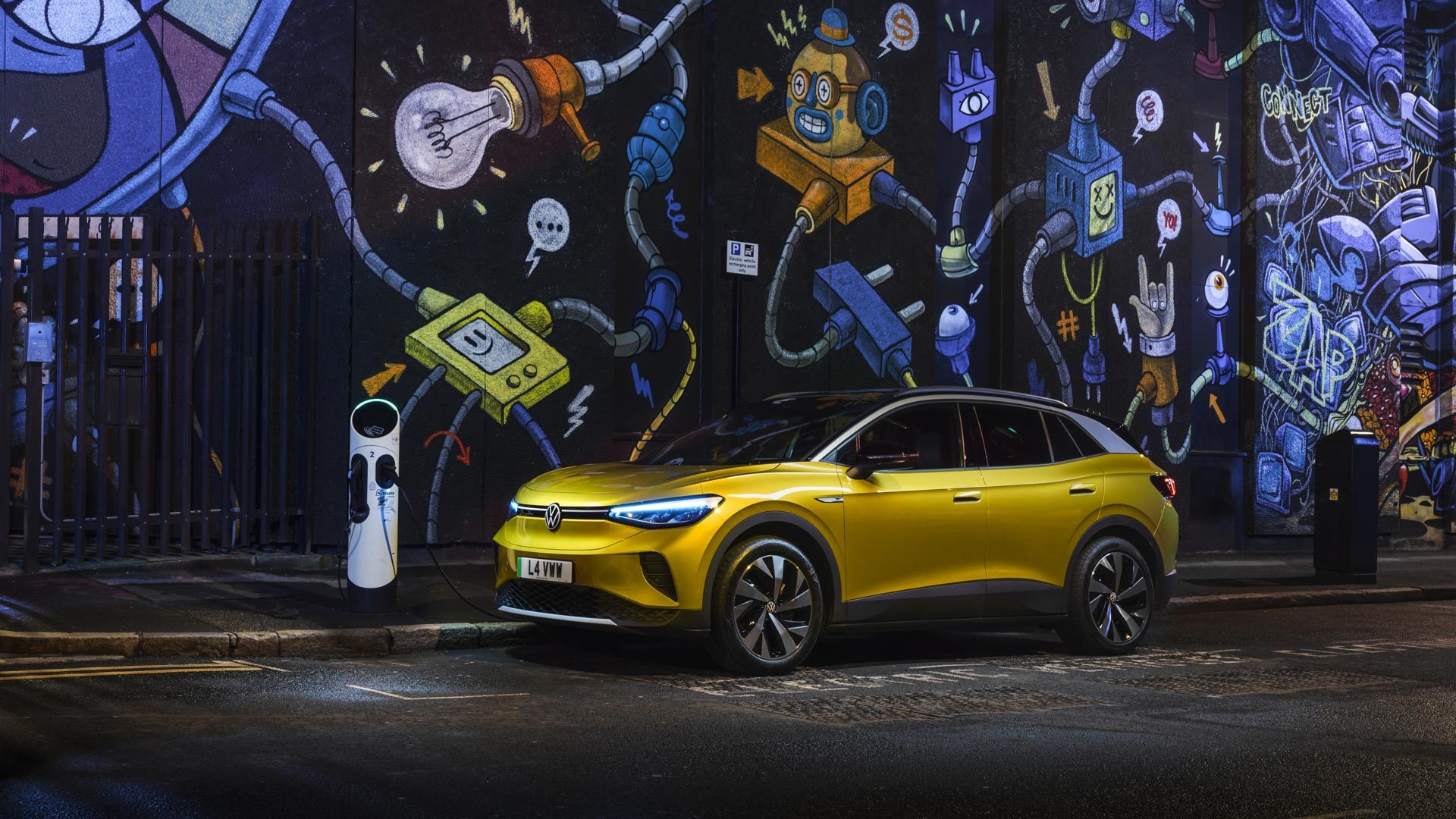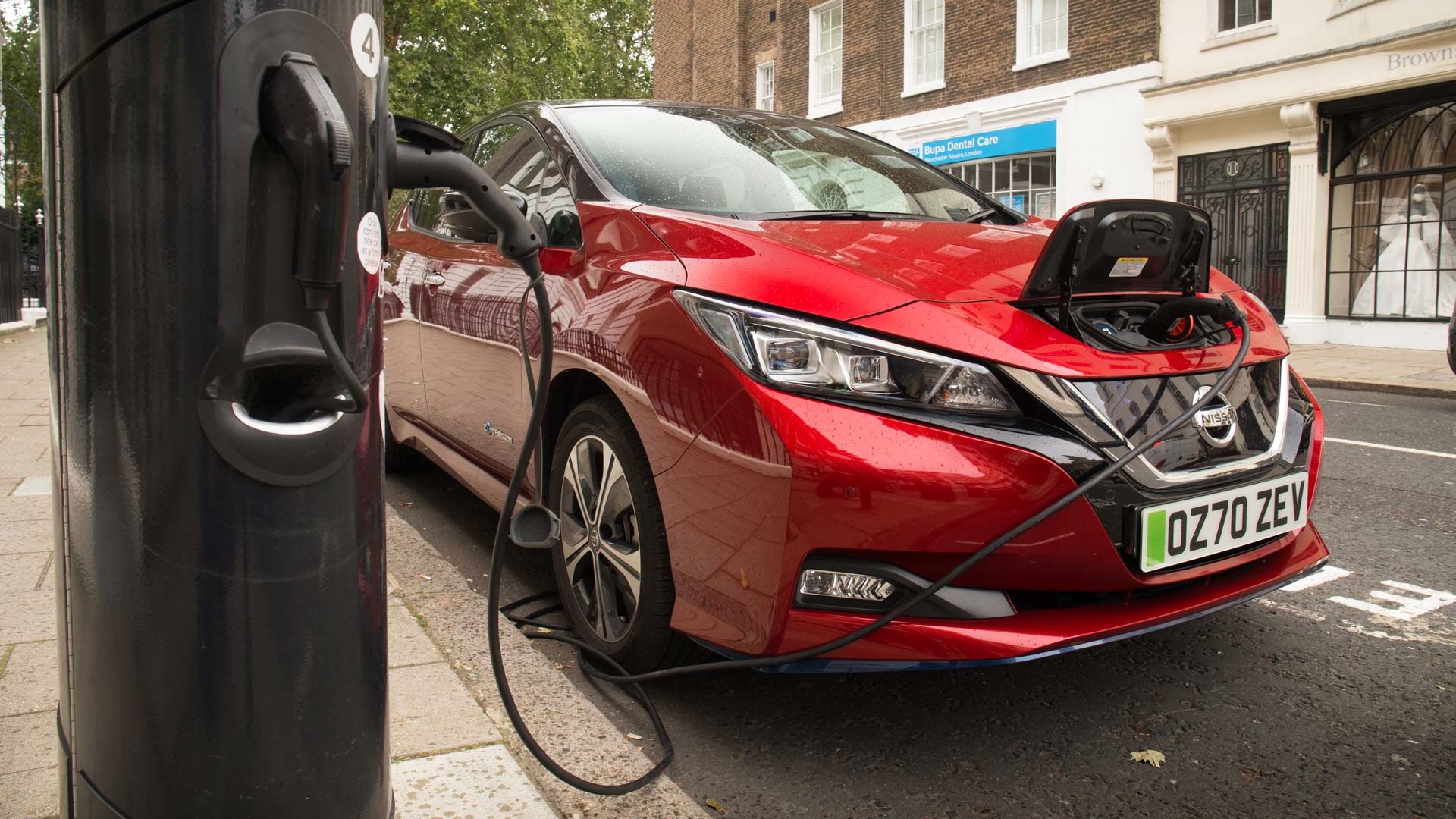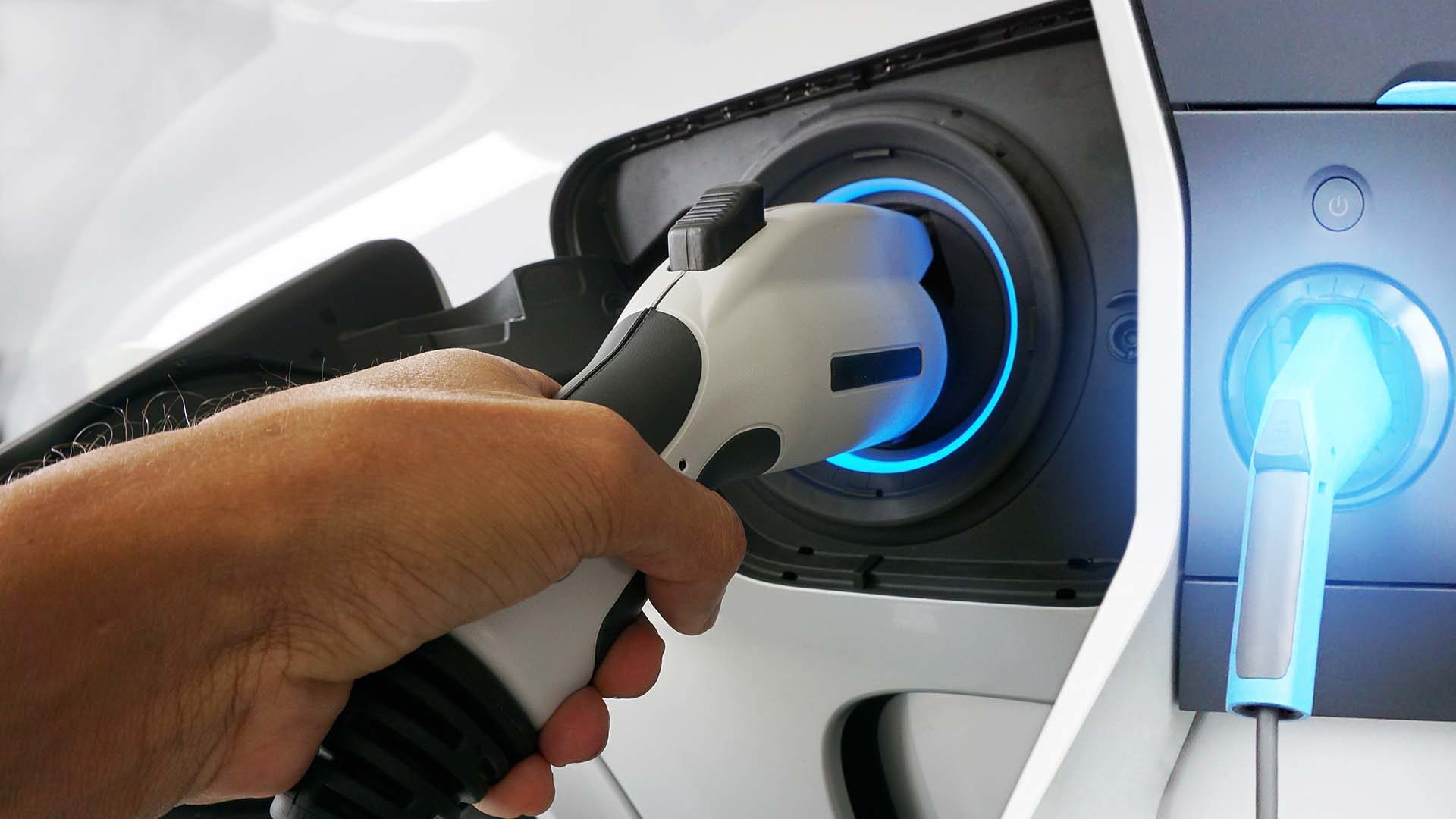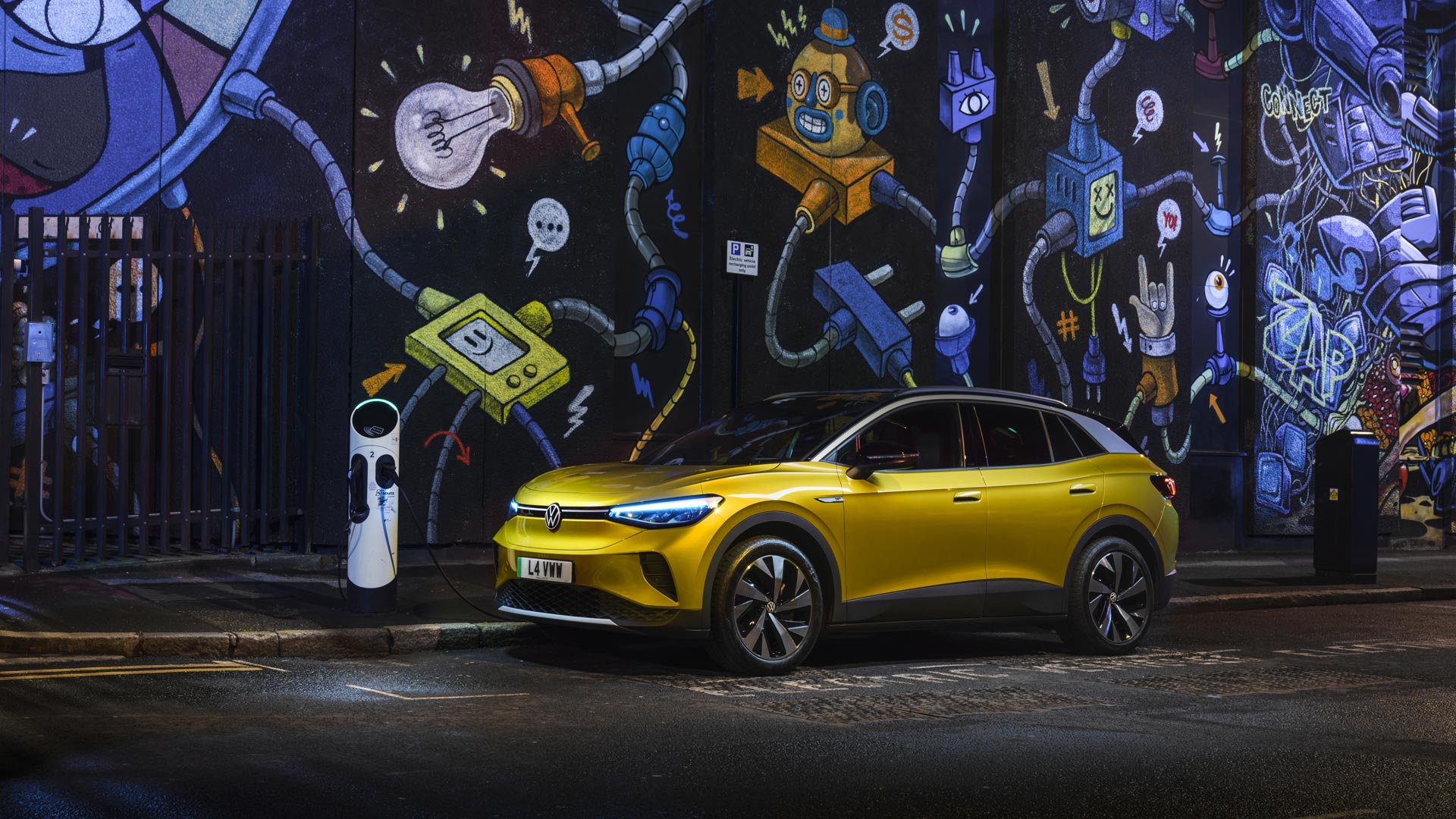
Campaign group FairCharge demands action against public for VAT hike electric car charging.
Ahead of the Chancellor’s upcoming spring statement, FairCharge founder Quentin Wilson wants to see Public EV charging tax cut.
It forms part of FairCharge’s six-point action plan to help more drivers switch to electric vehicles.
Time to make an ‘intergenerational commitment’

Currently, public EV charging VAT 20%, compared to the 5% levy on domestic electricity. FairCharge calls this difference a “pave tax”.
Around 38% of UK households do not have access to charge their electric car at home, rising to 90% in London and Glasgow. As a result, FairCharge highlights that more than a third of the population is forced to pay more VAT by using public chargers.
Quentin Wilson said: “The Chancellor should use the Spring Statement to make a generational commitment to the future of electrification in the UK, build investment confidence in the sector, strengthen energy security and help clean the air in our cities. Cutting VAT on public charges is crucial important.
“The Treasury puts drivers at a disadvantage by forcing them to pay four times as much VAT just because they don’t have a lane. These higher costs also slow the adoption of EVs.”
Keeping the Electric Vehicle Revolution Ahead

FairCharge has laid out details of its action plan, which highlights the UK Government’s actions to increase EV ownership. These six points are:
- Cut road paving tax by reducing VAT on public charges from 20% to 5%
- Publishing a zero-emission vehicle directive to build confidence and investment in UK manufacturing
- Provide charge point funding, guidance and standards
- Emulate programs in the U.S. and Europe to help low-income drivers use electric vehicles
- Decoupling wholesale electricity prices from natural gas to reduce energy bills
- Increased availability of EV charging signage to assist current and future EV drivers
Also read:
What are electric vehicles and how do they work?
Charging an Electric Vehicle: The Difference Between kW and kWh
